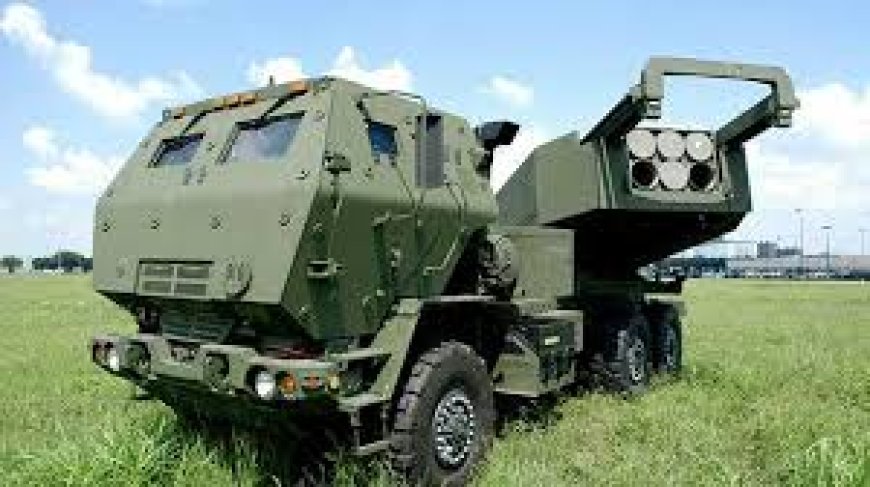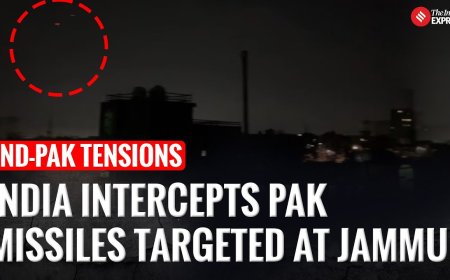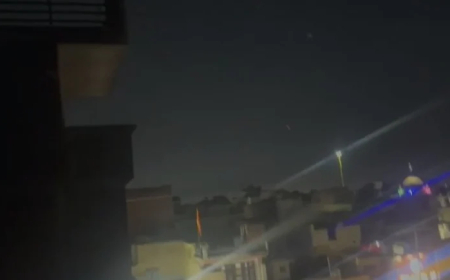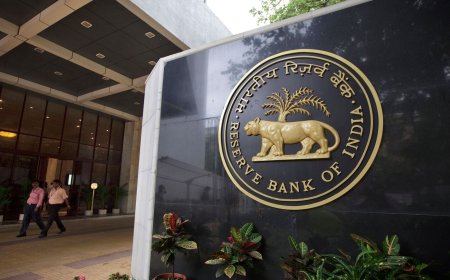Australia fires first HIMARS long-range rocket in war game with US
Australia’s army has for the first time deployed HIMARS rocket artillery in a joint U.S.–Singapore led war game, signaling a shift in Indo-Pacific capability and deterrence with implications for regional defense strategy and investment.

Australia Debuts HIMARS Rocket in Largest War Game
Australia marked a milestone on July 14, 2025, when its army successfully fired a truck‑mounted HIMARS (High Mobility Artillery Rocket System) during the opening day of Exercise Talisman Sabre 2025 at Shoalwater Bay, Queensland
HIMARS, which can reach ranges up to 400 km, is being prioritized by U.S. partners across the Indo‑Pacific as they modernize their forces to counter China’s military rise. This event marked the first time Australia joined U.S. and Singapore forces in firing HIMARS together—and the first live austral strike .
Strategic Driver: Indo‑Pacific Deterrence
Brigadier Nick Wilson, director of the live‑fire phase, explained the broader strategy:
“HIMARS will be utilised in conjunction with a number of other weapon platforms … to ensure we have a strategy of denial for security, peace and stability in the Indo‑Pacific.”
U.S. Lieutenant General Joel Vowell added that Talisman Sabre served as a “deterrent mechanism” whose goal is “no war,” emphasizing allied readiness.
Against growing Chinese naval activity, the government’s investment in a robust, interoperable missile capability reflects Canberra’s intent to shore up regional security.
Defence Investment Surge: Spending & Domestic Production
Australia has ordered 42 HIMARS launchers, with the first two delivered in April and firing now on sovereign soil. Part of a government commitment of A$1.6 billion to speed their acquisition and A$74 billion over ten years for guided missiles. That also includes building domestic production capacity for GMLRS rockets and future Precision Strike Missiles (PrSM).
Paula Hartley, VP for Tactical Missiles at Lockheed Martin, remarked that early delivery signaled strong U.S.–Australia collaboration.
Analyst Perspectives
Defence‑industry analyst override:
“The war in Ukraine exposed how bare Western missile stocks are. Australia entering the queue means pressure on U.S. production,” commented Beaten Zone Venture Partners.
A senior strategist from the Australian Strategic Policy Institute noted that while launching HIMARS is vital, integration with surveillance and targeting systems is equally critical.
Market Context: Lockheed Martin & Defence Sector
Lockheed Martin (NYSE: LMT) stocks remain under close watch following global arms spending increases. Today’s mixed trading in global markets reflected defensive positioning; LMT shares are slightly flat, while broader aerospace indices show modest pressure amid yield concerns .
Industry insiders point to bottlenecks: with U.S. stockpiles under strain, ramping up international production becomes both strategic and a sales catalyst. Lockheed and European partners like Kongsberg and Raytheon are beefing up supply chains accordingly.
Investor Outlook: Patience & Positioning
For investors eyeing defence equities:
-
Catalysts include the A$74 billion missile procurement and global orders for HIMARS-type systems.
-
Risks stem from potential export delays, geopolitical tensions, or budget reprioritizations.
-
Key metrics: watch Lockheed’s order backlog, U.S. defence budget allocations, and Australia’s progress on domestic missile manufacturing.
Asset managers suggest moderate exposure to missile system equities via LMT, Rheinmetall, and Kongsberg, with a long‑term tilt as supply chains stabilize.
What's Next on the Horizon?
-
Operationalization: Australia plans to establish the newly formed 10th Fires Brigade at Edinburgh, SA, fully integrating HIMARS into joint command structures.
-
Exercise activities: The brigade will continue to showcase HIMARS throughout Talisman Sabre, testing interoperability with U.S. multi‑domain forces and like-minded allies, including Japan, France, South Korea, and Singapore
-
Production build‑up: Domestic missile manufacturing is slated to begin by 2027, reducing dependency on U.S. export stocks .
Final Word
Australia’s first sovereign firing of HIMARS underlines a strategic pivot in its defence posture—shoring up its long‑range strike and deterrence capabilities amidst a contested Indo‑Pacific. For investors, alignment between government funding, export sales, and industrial expansion makes this a high‑stakes area worth monitoring, albeit tempered by execution risk and global supply pressures.
What's Your Reaction?
 Like
0
Like
0
 Dislike
0
Dislike
0
 Love
0
Love
0
 Funny
0
Funny
0
 Angry
0
Angry
0
 Sad
0
Sad
0
 Wow
0
Wow
0












































































